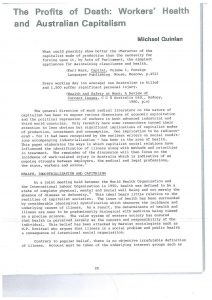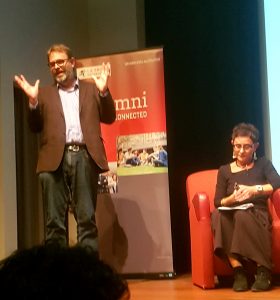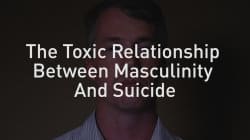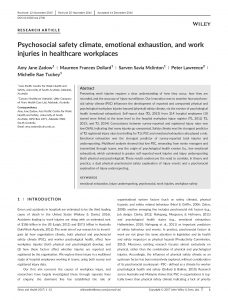 Episode 47 of Andrew Barrett’s Safety On Tap podcast consisted of an interview with Jonathan Lincolne of Pockets of Brilliance. Several comments are of note.
Episode 47 of Andrew Barrett’s Safety On Tap podcast consisted of an interview with Jonathan Lincolne of Pockets of Brilliance. Several comments are of note.
Psychology
Around the 47 minute mark, Lincolne is asked about the level of psychological knowledge that the occupational health and safety (OHS) professionals should possess. Lincolne refreshingly describes himself as a skeptic about a lot of the recent psychological discussion, particularly the promotion of neuroscience.



 Recently Huffington Post Australia posted a video about male suicides called “Men are killing themselves to be real men”. Many of the speakers talked about their experiences at work or with work. The video is highly recommended.
Recently Huffington Post Australia posted a video about male suicides called “Men are killing themselves to be real men”. Many of the speakers talked about their experiences at work or with work. The video is highly recommended. There has been a lot of discussion recently about occupational health and safety (OHS) data. This article is another because the issue is critical for understanding OHS, for planning for the future and managing productivity.
There has been a lot of discussion recently about occupational health and safety (OHS) data. This article is another because the issue is critical for understanding OHS, for planning for the future and managing productivity.